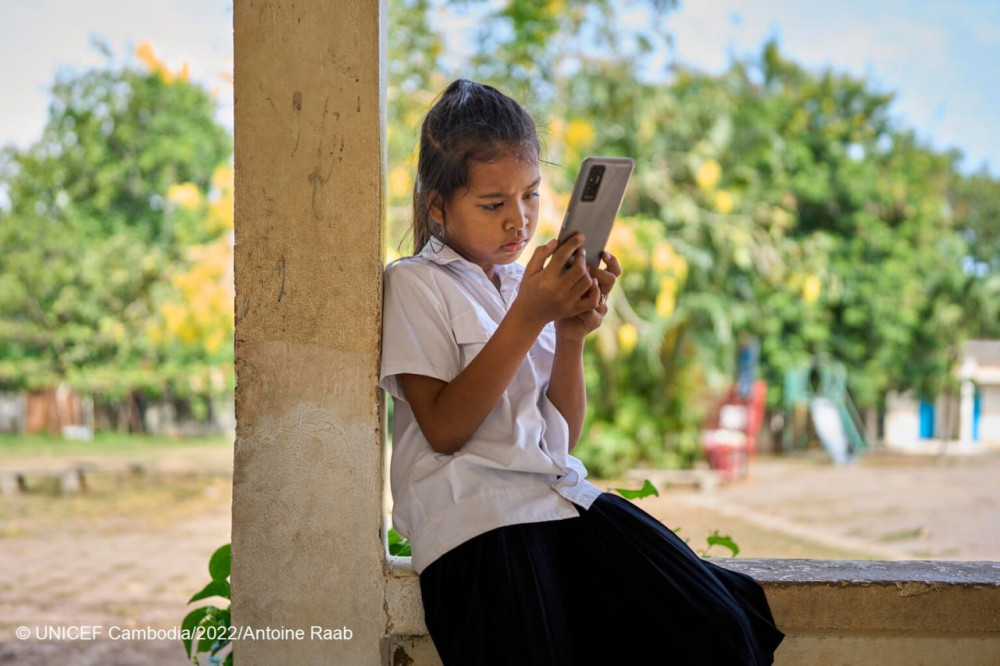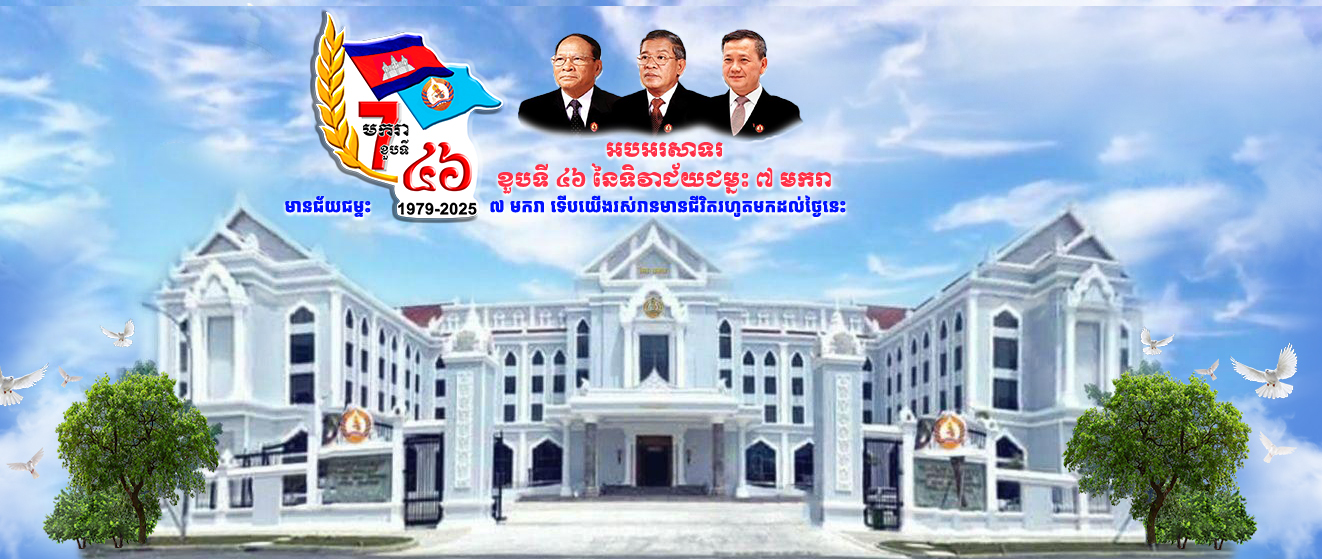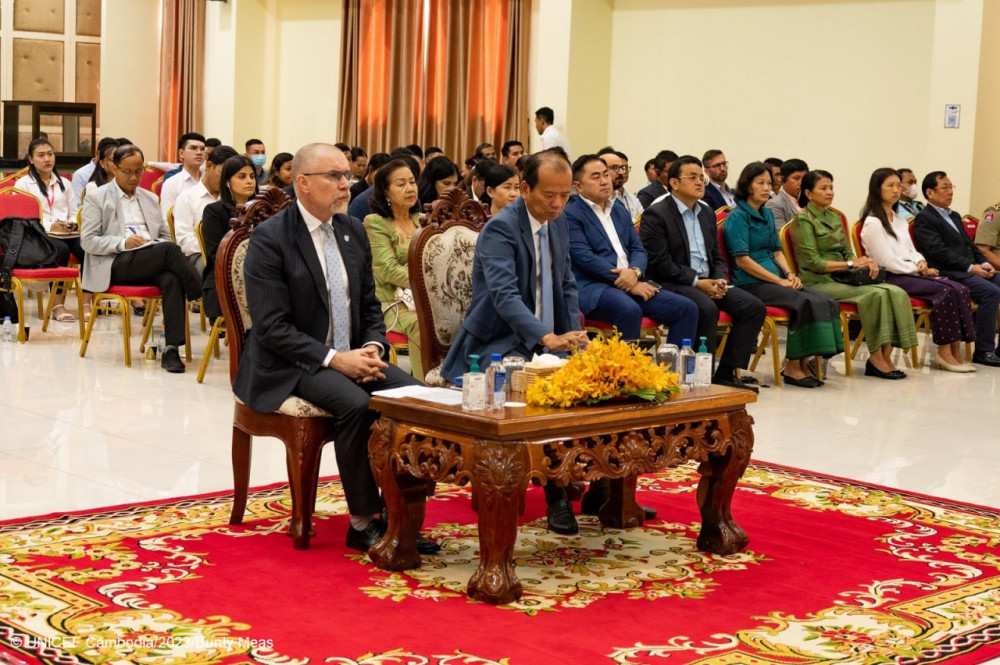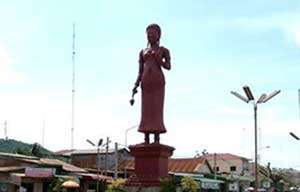The Royal Government of Cambodia, notably the Ministry of Post and Telecommunications (MPTC), supported by the Global Partnership to End Violence Against Children and UNICEF Cambodia, on Thursday launched the Guidelines on Child Online Protection for the Digital Technology Industry to ensure a safe and positive online experience for all children.
“Children are spending more time online than ever before. Growing up online offers limitless opportunities. But with this come serious risks,” said UNICEF Cambodia Representative, Dr. Will Parks. “Cyberbullying and other forms of peer-to-peer violence can affect young people each time they log in to social media or instant messaging platforms. Most alarming is the threat of online sexual exploitation and abuse.”
According to UNICEF Cambodia’s press release, recent findings from UNICEF’s global “Cambodia Disrupting Harm” report confirmed this trend with more than one in ten Cambodian children aged 12 to 17 years experiencing some form of online sexual exploitation or abuse.
“Such guidelines reaffirm the commitment of the Royal Government of Cambodia and partners to take up a clear stance on the protection of children from all forms of sexual exploitation and abuse in Cambodia,” said H.E. Chea Vandeth, Minister of Post and Telecommunications.
The Child Online Protection Guidelines for the Digital Technology Industry aim to encourage industries within the sector to prevent and respond to current and emerging harms posed by the use of technology in a timely manner. Industry members can do so through: Implementing internal child safeguarding policy and prevention and response to child sexual abuse material; Establishing prevention measures against child sexual exploitation and abuse such as clear guidance and rules for the protection of children online; Providing protection measures, notably, ways to block both people and inappropriate or sensitive content, to make reports and to receive assistance from relevant authorities and/or services; Ensuring that data and information relating to children using the internet are kept confidential and private.
These guidelines provide unparalleled opportunities for digital technology industry members including social media, Internet Service Providers, Mobile Operators, data hosting companies, content creators and producers, and software and App developers to enhance the online safety of every child and young person in accordance with children’s rights and the highest ethical standards.
The launch has gathered over 150 participants from government agencies, UN agencies, development partners, civil society organisations, and relevant industry players.
“I am glad to note that these guidelines are informed by the laws and regulations governing most international social media companies. However, Child Online Protection is a complex challenge. It requires commitment, effective coordination, and dedicated collaboration with the private sector in order to provide user-centric, safe, and friendly services for our children and adolescents,” stated Dr. Will Parks.
The development of these guidelines was also conducted in close cooperation with additional key ministries, including: the Ministry of Social Affairs, Veterans and Youth Rehabilitation (MoSVY); Ministry of Education, Youth and Sports (MoEYS); Ministry of Women’s Affairs (MoWA); Ministry of Justice (MoJ); Ministry of Health and Ministry of Interior (including the National Police and Cyber Crime Unit).




























